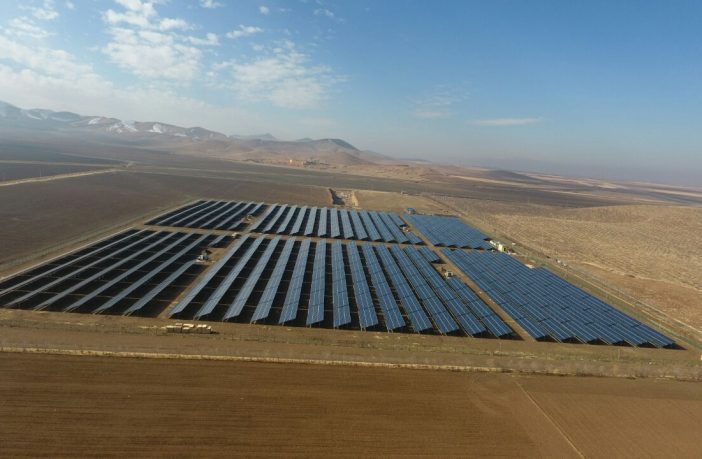- Mali’s agency for rural electrification is seeking proposals for a 1.3 MW solar plant and a 1.5 MW/2 MWh storage system.
L’Agence Malienne pour le Développement de l’Energie Domestique et l’Electrification Rurale (Amader) – the rural electrification agency of Mali – has launched a tender for the construction of two PV power plants with a combined capacity of 1.3 MW, as well as a 1.5 MW/2 MWh storage system.
Link to tender document here.
According to the tender document, published on the JeuneAfrique portal, interested developers will have until Oct. 15 to submit their offers. The Islamic Development Bank (IsDB) is financing the project, which will be developed under Reverse Linkage, a program that brings institutions in Muslim countries together to work on projects that address infrastructure challenges.
According to the Green Climate Fund, Amader aims to provide electricity to 70 communities by installing isolated solar PV minigrid systems, with a total capacity of 4.83 MW. The initiative will bring power to around 31,000 rural households.
Mali’s solar energy roadmap also includes large-scale PV projects. These installations include a 50 MW solar plant in Sikasso by PowerPro, a 50 MW project by Akuo Kita Solar, a 33 MW PV array by Norway’s Scatec Solar, and a 25 MW facility to be built in Koutiala by Access Power, Eren and Africa Invest.
The government of Mali aims to increase the share of renewable energy in the national electricity mix to 25% by 2033, along with a 61% rural electrification target.
Author: Emiliano Bellini
This article was originally published in pv magazine and is republished with permission.















